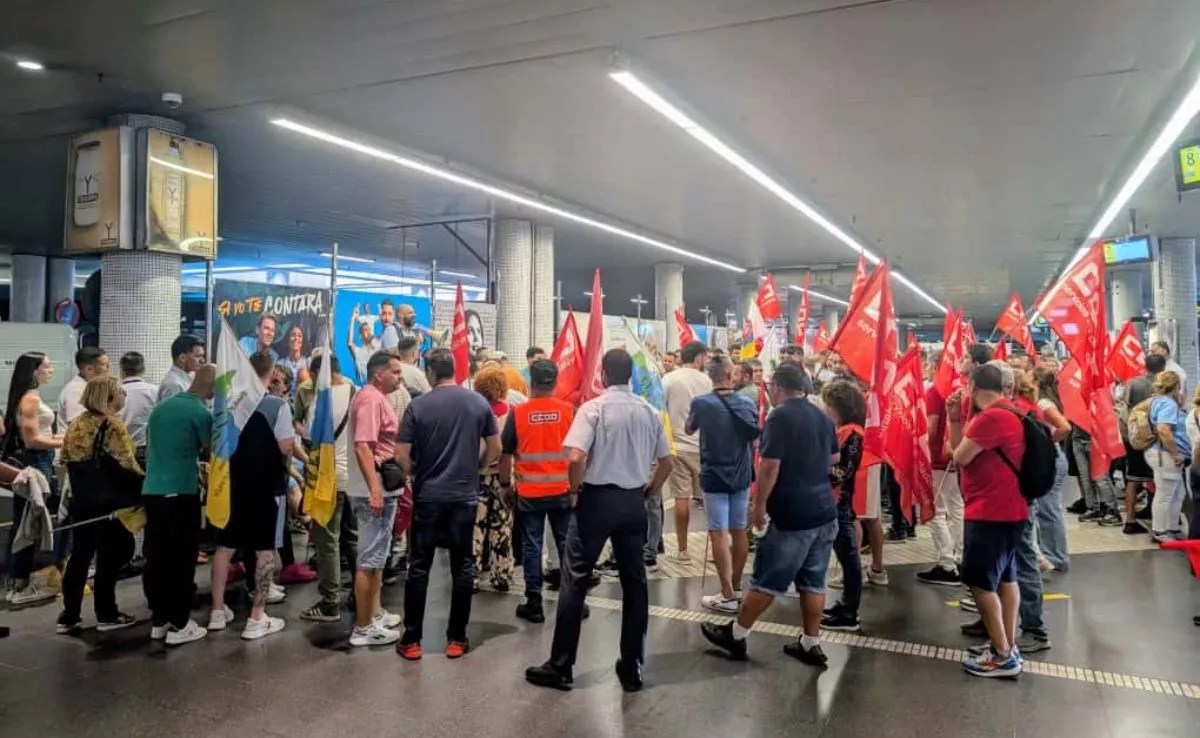
The Ministry of Defence has once again turned down the request made by the Government of the Canary Islands for the transfer of spaces to accommodate migrant minors arriving in the archipelago. The autonomous community currently manages eighty centres where 5,661 minors are being housed, including 200 unaccompanied minors who arrived on the islands this June.
During the press conference following the Council of Government, the spokesperson for the Canarian Executive, Alfonso Cabello, stated that the Ministry of Social Rights had made this request to provide three spaces in military facilities in order to assist migrant minors; However, the Ministry of Defence has once again denied this request, stating that these facilities are “necessary for essential logistical and tactical support to address crises.”
Alfonso Cabello expressed his regret that it has been “denied again to the Canary Islands to facilitate these infrastructures” and emphasized that “we are facing an immigration crisis, especially a humanitarian crisis” and stressed that the availability of these spaces “would be good news in case they are needed to accommodate these people who arrive in very, very complex situations”.
Specifically, the Canarian Executive had requested the Ministry of Defence for the temporary use of the Marqués de Herrera barracks in Lanzarote; the Anatolio Fuentes in El Hierro, and El Fuerte in La Palma, three centres located on non-capital islands aimed at providing an initial response to the arrival of migrant minors, given that two weeks ago, 200 minors arrived in Fuerteventura and Lanzarote in a single weekend.
Alfonso Cabello insisted that these islands do not have the capacity to accommodate or transport them to other islands with adequate and sufficient resources. Therefore, he believes that the Ministry of Defence “is not addressing the humanitarian emergency we are facing to provide a response,” he reiterated.
The spokesperson for the Canarian Executive added that the Ministry of Social Rights continues to work “constantly” to provide new spaces that meet “absolute guarantees” for their care and does not rule out having to resort to “exceptional measures,” such as setting up tents, “given the situation and the level of response we have to provide in real time,” he concluded.
[–>
In this regard, when asked about a facility to accommodate 100 migrant minors in the municipality of Santa Úrsula, in Tenerife, Alfonso Cabello clarified that there is an unfavourable report from the City Council to use these facilities as accommodation, as it is a space located in a basement that does not meet the ideal conditions for hosting, explained the spokesperson.
















